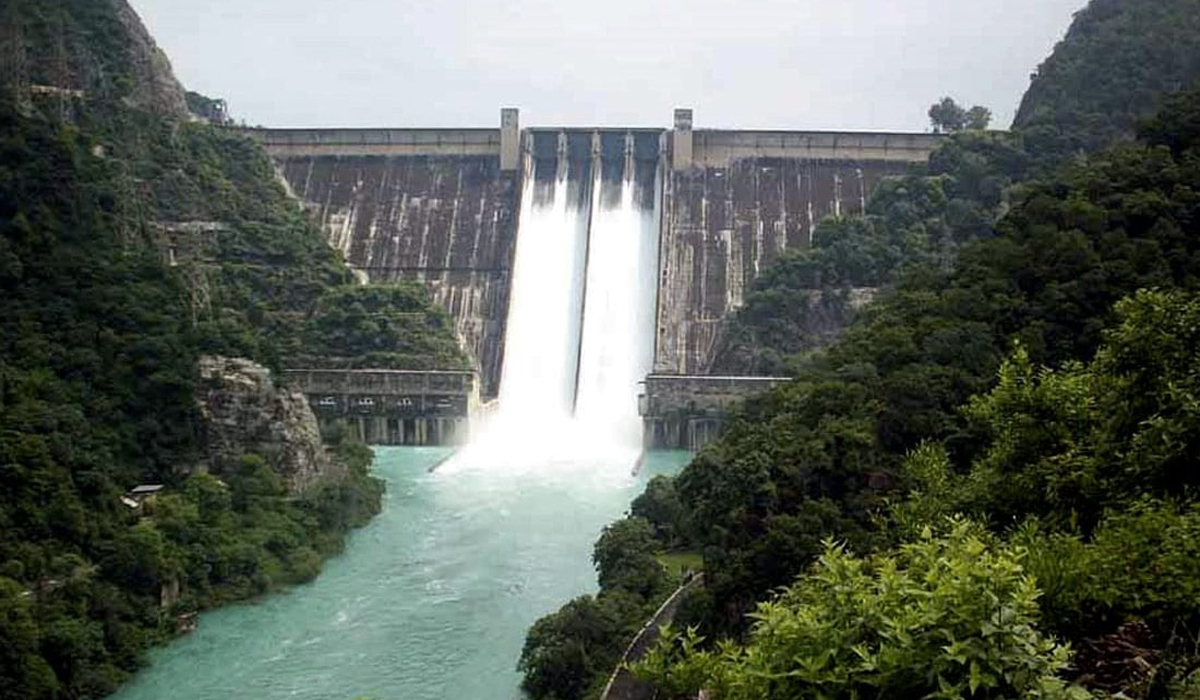
Accusing both the Centre and Haryana of intentionally hiding “material facts,” the Punjab government on Thursday stated that the Punjab and Haryana High Court was not informed about a statutory reference made by the Bhakra Beas Management Board (BBMB) chairman to the Central Government concerning the ongoing dispute over the release of additional water.
Appearing before the Bench of Chief Justice Sheel Nagu and Justice Sumeet Goel, senior advocate Gurminder Singh, representing Punjab, informed the court that the BBMB chairman had made a reference to the Central Government on April 29—at Haryana’s request—after a disagreement arose between Haryana and Punjab over the release of additional water.
He submitted that the BBMB after the making of reference to the Centre became “functus officio” –– a Latin term meaning “having performed his office”.
Gurminder Singh argued it was then for the Centre to decide the issue in accordance with the provisions of Rule 7 of the BBMB Rules, 1974. The Rule makes it clear that any disagreement involving policy or inter-state rights must be referred to the Centre for a binding decision.
He added that the BBMB chairman, despite making the reference to the Centre, presided over a meeting the next day on April 30 and “chose to conceal and remain silent”. He further submitted that the High Court was also kept in the dark about the actual developments that took place during a subsequent meeting convened by the Ministry of Power under the Home Secretary’s chairmanship.
“Nothing about this meeting was circulated to the parties concerned,” he submitted, adding that even the purpose of the meeting was misrepresented. It was not about release of additional water but related to law and order.
It was further submitted that neither the Union of India nor Haryana informed the court about the fact that a reference had already been made to the Central Government. Punjab argued that this concealment of facts was not accidental but deliberate, terming it a case of “institutional bullying.”
Asserting that such suppression had a bearing on the court’s proceedings, Punjab maintained that the Bench may not have passed the order it did had the facts been placed on record.
He added that the BBMB moved the high court in garb of an aggrieved seeking redressal of grievances regarding security. But the real intent was to seek “stamp of approval of an illegal act”.
Punjab’s submissions were met with stiff objections by the Centre. Appearing before the Bench, Additional Solicitor-General Satya Pal Jain and senior panel counsel Dheeraj Jain refuted allegations of misrepresentation or concealment of facts.
At the same time, a meeting has also been scheduled on May 31 regarding the distribution of water. On the other hand, the central government has taken an important decision regarding the security of the Bhakra Dam. Now the deployment of CISF has been approved there.
Earlier, Himachal Pradesh Police was deployed for the security of Bhakra Dam, while the responsibility of the security of Nangal Dam was given to the Punjab Police
The atmosphere in Punjab and Haryana had become tense due to the allocation of additional water to Haryana. There was pressure from Haryana that the responsibility of the security of Bhakra Nangal Dam would be handed over to the Central Security Forces. Congress General Secretary Randeep Singh Surjewala had also demanded deployment here from the government. At the same time, Haryana and BBMB had raised questions on security.
All the expenses of the central forces will be borne by BBMB. The estimated expenditure for the year 2025-26 will be Rs 8.58 crore. The expenditure will be Rs 2.90 lakh per employee. The living, movement, and other things of the central forces will also be managed by Punjab.
